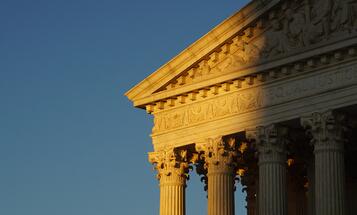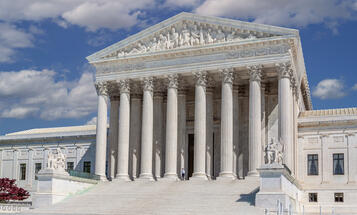
Congress must enact a ban on the political contributions known as soft money, but that shouldn't come at the price of relaxing controls in another part of the structure that delivers millions of dollars to candidates each year. The version of reform now apparently on its way to a presidential signature is actually a step backward. Senators John McCain and Russell D. Feingold, after years of championing more comprehensive reform, have yielded to supporting a soft-money ban that comes with a doubling of the amount that a wealthy individual can contribute directly to a candidate -- hard money. The bill raises the limit to $2,000 from the current $1,000.
The U.S. Public Interest Research Group has long supported a ban on soft money -- large, unlimited contributions that are given to the national political parties but are typically used to support candidates. But hard money can't be allowed to simply take soft money's place.
Most reformers think of money in politics as buying access to legislators and influencing their votes -- sometimes even purchasing public policy. This quid pro quo argument leads to a focus on large soft-money checks, which are presumably required to ensure favors; it masks a deeper impact of wealth on American politics.



